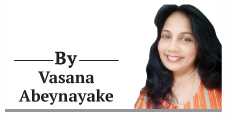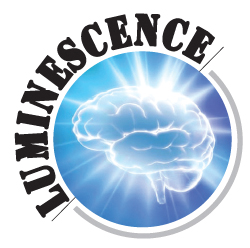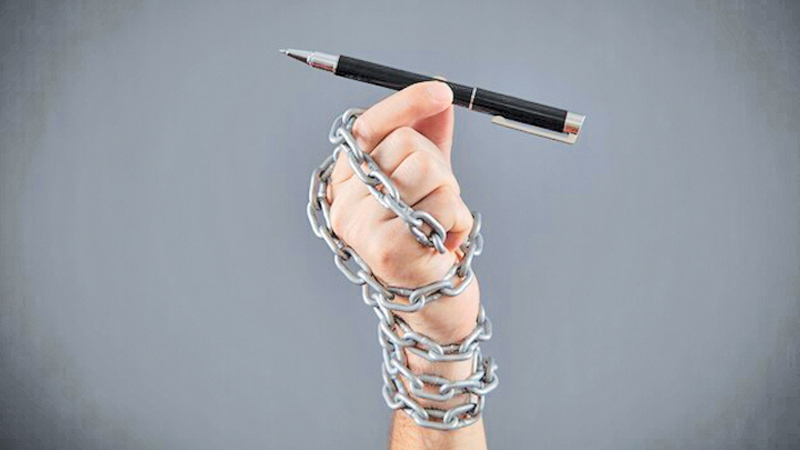 In an era where information is considered one of the most powerful resources, the ability to control and regulate the flow of that information holds immense significance. Journalists, writers, and even public communicators often find themselves restrained by what is known as the Gatekeeping Concept. This theory, which has long been a cornerstone in the field of communication studies, refers to the process by which information is filtered before it reaches the public. Those who control this flow of information—editors, media executives, or other decision-makers—serve as the “gatekeepers,” deciding what stories are told and how they are framed.
In an era where information is considered one of the most powerful resources, the ability to control and regulate the flow of that information holds immense significance. Journalists, writers, and even public communicators often find themselves restrained by what is known as the Gatekeeping Concept. This theory, which has long been a cornerstone in the field of communication studies, refers to the process by which information is filtered before it reaches the public. Those who control this flow of information—editors, media executives, or other decision-makers—serve as the “gatekeepers,” deciding what stories are told and how they are framed.
 While gatekeeping is intended to ensure quality, relevance, and accuracy in the information that reaches the masses, it also imposes limitations on the freedom of those who produce and disseminate content. As a result, journalists and writers often find their “pens tied,” navigating the delicate balance between what they want to say and what they are allowed to say. This article explores the concept of gatekeeping, its implications, and how it shapes the modern media landscape.
While gatekeeping is intended to ensure quality, relevance, and accuracy in the information that reaches the masses, it also imposes limitations on the freedom of those who produce and disseminate content. As a result, journalists and writers often find their “pens tied,” navigating the delicate balance between what they want to say and what they are allowed to say. This article explores the concept of gatekeeping, its implications, and how it shapes the modern media landscape.
The Gatekeeping Concept was first introduced by social psychologist Kurt Lewin in the 1940s. Lewin used it to describe the process by which decisions were made about what foods would pass through the “gates” of households during World War II food rationing. However, the theory was later applied to media studies, where it became synonymous with the control of information. In this context, gatekeepers are those who decide which news stories, opinions, or other forms of media content are allowed to be shared with the public.
The purpose of gatekeeping, at its core, is to protect the audience from misinformation, irrelevant content, and potentially harmful material. Media organisations employ gatekeepers to ensure that only credible, fact-checked, and important stories are published. In theory, this ensures that the public receives high-quality information that can guide their understanding of the world.
Gatekeeping also helps manage the overwhelming volume of information available in the modern media landscape. With the rise of digital platforms and the 24-hour news cycle, it has become impossible to report on every event or issue that arises. Gatekeepers play a crucial role in sifting through the vast amounts of content to prioritise stories that are most relevant or newsworthy.
Despite its positive intentions, gatekeeping can also become a form of control that stifles journalistic freedom. Writers, reporters, and content creators often find themselves constrained by editorial policies, corporate interests, or political pressures. This has led to a common complaint in journalism: our pens are tied.
In practical terms, this means that journalists may not be able to cover certain stories, express specific opinions, or frame an issue in a way that aligns with their personal views or the truth as they see it. Stories that challenge the status quo, question powerful institutions, or address controversial subjects may be filtered out by gatekeepers who are influenced by the agendas of media owners, advertisers, or political elites.
Additionally, the framing of stories is often dictated by gatekeepers. Even when a story is allowed through the “gate,” it may be altered in subtle ways that shift the narrative. For instance, language choices, the prominence of certain facts, or the inclusion (or exclusion) of particular voices can drastically change the public’s perception of an issue. This editorial power, while often invisible to the audience, has a profound impact on the media we consume.
For journalists and writers who are passionate about uncovering the truth, this gatekeeping process can be frustrating. Their professional integrity may compel them to investigate and expose certain issues, but if those issues are deemed “inappropriate” or “too risky” by gatekeepers, they may never see the light of day. As a result, important stories—particularly those involving government corruption, corporate malfeasance, or social injustices—can be buried or watered down.
The key issue with the Gatekeeping Concept lies in the power dynamics it creates. In many cases, those who control the gates are motivated not by the public interest, but by commercial, political, or ideological considerations. Media outlets, especially in a highly competitive and financially driven environment, may be influenced by the demands of advertisers, shareholders, or political allies.
In the digital age, the gatekeeping process has become even more complex. Social media platforms like Facebook, Twitter, and YouTube have emerged as new forms of gatekeepers, controlling what content is amplified or censored through algorithms and moderation policies. While these platforms have democratised the flow of information to some extent, they also impose their own limitations. Content that is deemed controversial, offensive, or contrary to platform policies can be suppressed or removed altogether.
Despite the constraints imposed by gatekeeping, journalists and writers still have a responsibility to uphold the principles of their profession. While it may be tempting to blame gatekeepers for editorial decisions, media professionals must find ways to work within these systems without compromising their integrity. This often involves negotiating with editors, finding creative ways to tell difficult stories, or even seeking alternative platforms to publish their work.
In some cases, independent journalism offers a way to bypass traditional gatekeepers. Digital platforms, blogs, and crowdfunding initiatives have allowed journalists to produce content without the editorial oversight of mainstream media organisations. However, the absence of gatekeeping in these spaces also raises concerns about the quality and reliability of information. Without some form of gatekeeping, there is a risk of misinformation spreading unchecked.
The Gatekeeping Concept serves an essential role in ensuring that the public receives trustworthy, relevant information. However, it also has the potential to limit journalistic freedom, suppress important stories, and reinforce existing power structures.
The challenge for modern media is to strike a balance between protecting the public from misinformation and allowing journalists the freedom to pursue the truth. Until then, many will continue to feel as though their pens are tied, navigating the complex and often frustrating world of controlled information.









